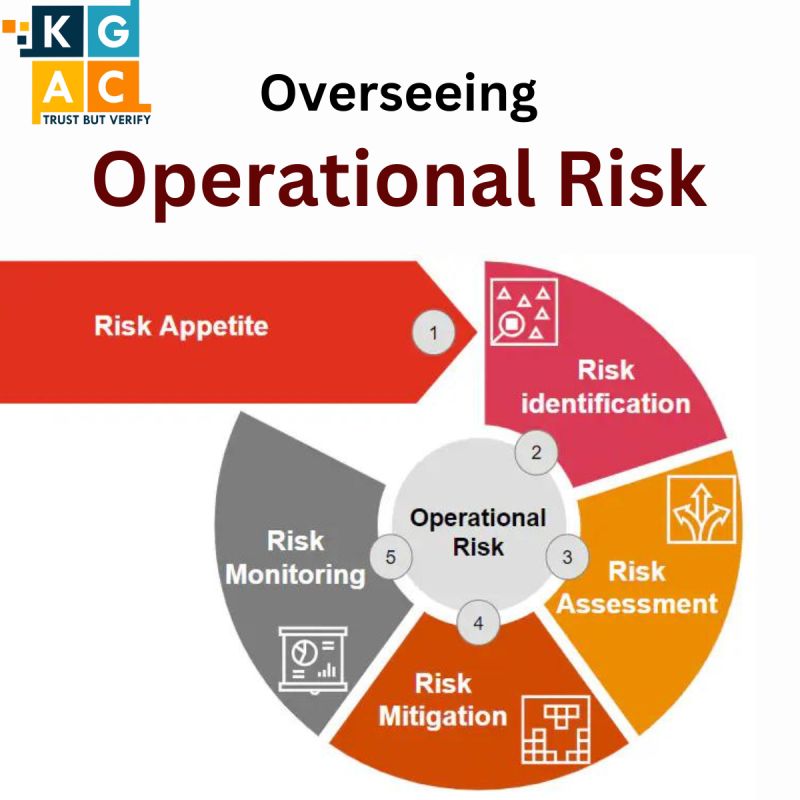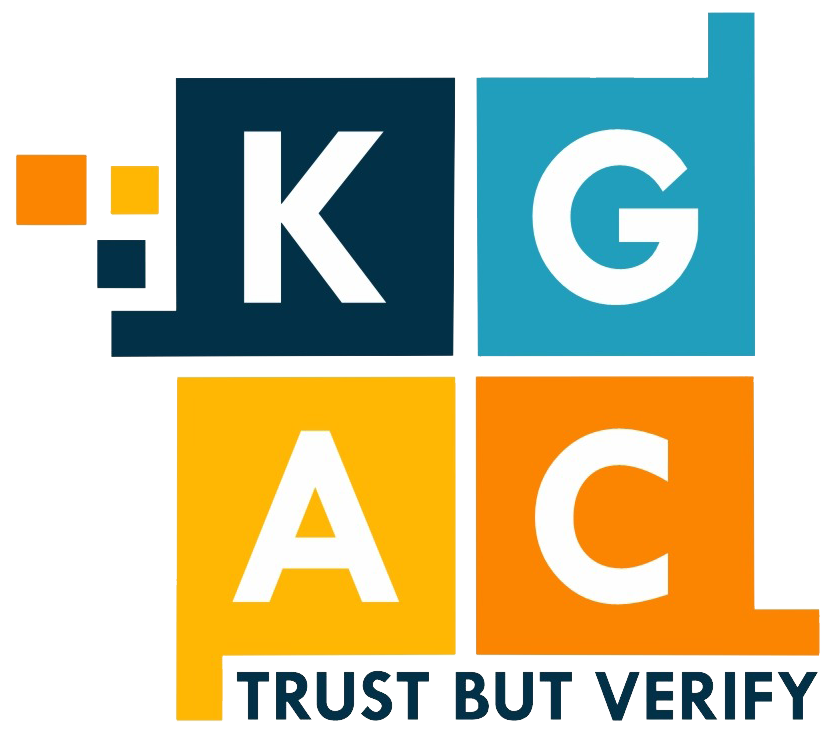
In essence, operational risk encompasses the hazards associated with conducting business. Minor lapses in control and operational inefficiencies, if overlooked, have the potential to escalate into significant risks and result in enterprise-wide failures.
𝗛𝗼𝘄 𝗰𝗮𝗻 𝗺𝗮𝗻𝘂𝗳𝗮𝗰𝘁𝘂𝗿𝗶𝗻𝗴 𝗲𝗻𝘁𝗲𝗿𝗽𝗿𝗶𝘀𝗲𝘀 𝗺𝗮𝗻𝗮𝗴𝗲 𝘀𝘂𝗰𝗵 𝗼𝗽𝗲𝗿𝗮𝘁𝗶𝗼𝗻𝗮𝗹 𝗿𝗶𝘀𝗸𝘀?
Risk assessment is employed to inform decisions regarding the importance and impact of risks within the organization, determining whether each specific risk should be accepted or addressed. In the context of operational risk management, aligning it with the organization’s risk appetite is crucial. After gauging the severity of the risk, various methods of risk control can be implemented.
𝗔𝗰𝗰𝗲𝗽𝘁𝗶𝗻𝗴 𝘁𝗵𝗲 𝗿𝗶𝘀𝗸
𝗦𝗵𝗮𝗿𝗶𝗻𝗴 𝗼𝗿 𝘁𝗿𝗮𝗻𝘀𝗳𝗲𝗿𝗿𝗶𝗻𝗴 𝘁𝗵𝗲 𝗿𝗶𝘀𝗸
𝗥𝗶𝘀𝗸 𝗿𝗲𝗱𝘂𝗰𝘁𝗶𝗼𝗻
𝗥𝗶𝘀𝗸 𝗮𝘃𝗼𝗶𝗱𝗮𝗻𝗰𝗲
A lack of strong risk mitigation strategies results in various operational failures, leading to crises in organizations.
As one explores novel approaches to operational risk management, certain steps can be taken, including:
✅Adopt technology that fits with people and processes.
✅Align operational inconsistencies with financial impact.
✅Standardize risk assessment all across the enterprise.
✅Establish contingency policies and escalation procedures.
✅Segregation of duties.
✅Keep intact organizational ethics.
✅Periodic risk assessment.
Successful operational risk management hinges on a well-defined comprehension of the business enterprise’s strategy, products, and processes. This understanding empowers the operational risk management function to pinpoint actual risk issues, assess identified risks accurately, and contribute value by offering practical advice.
